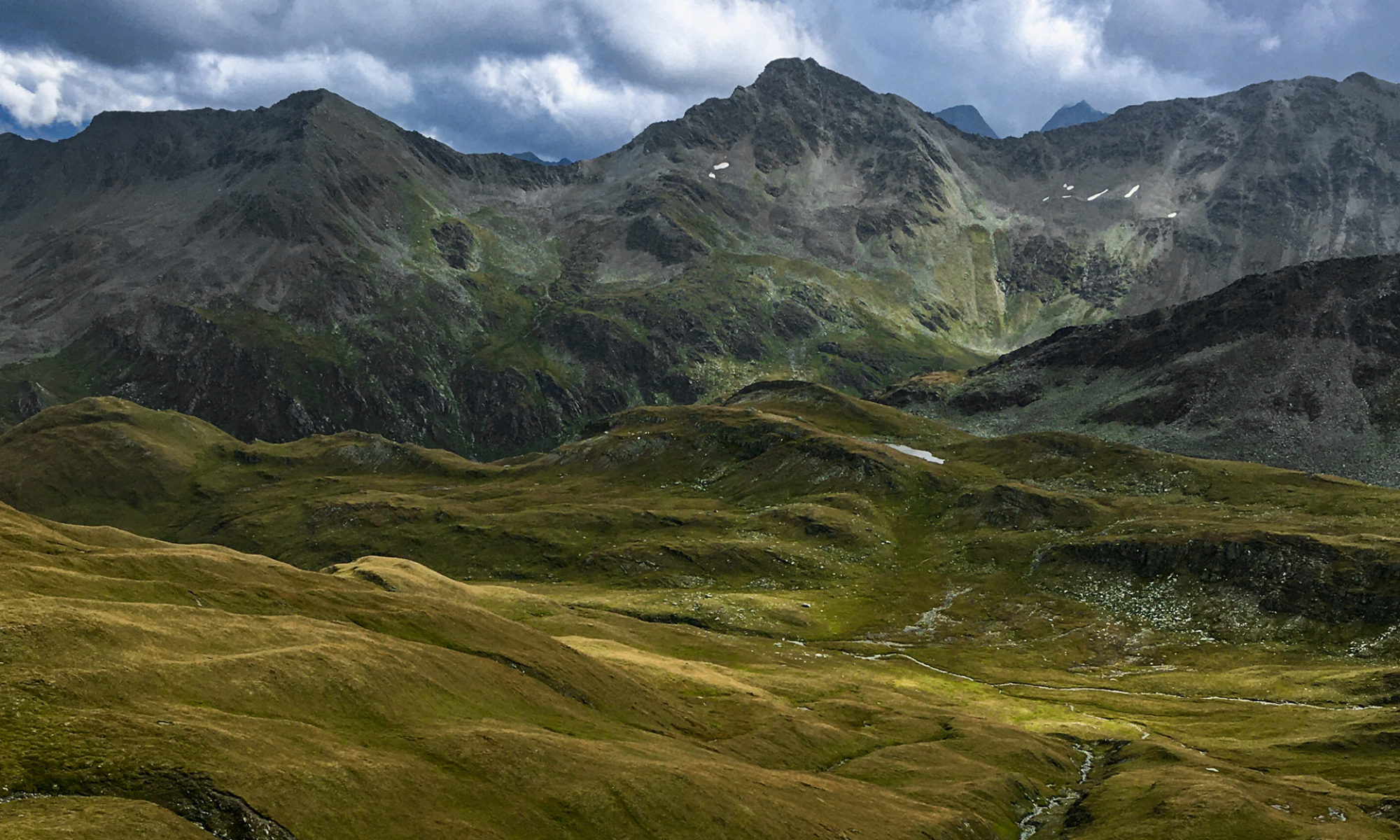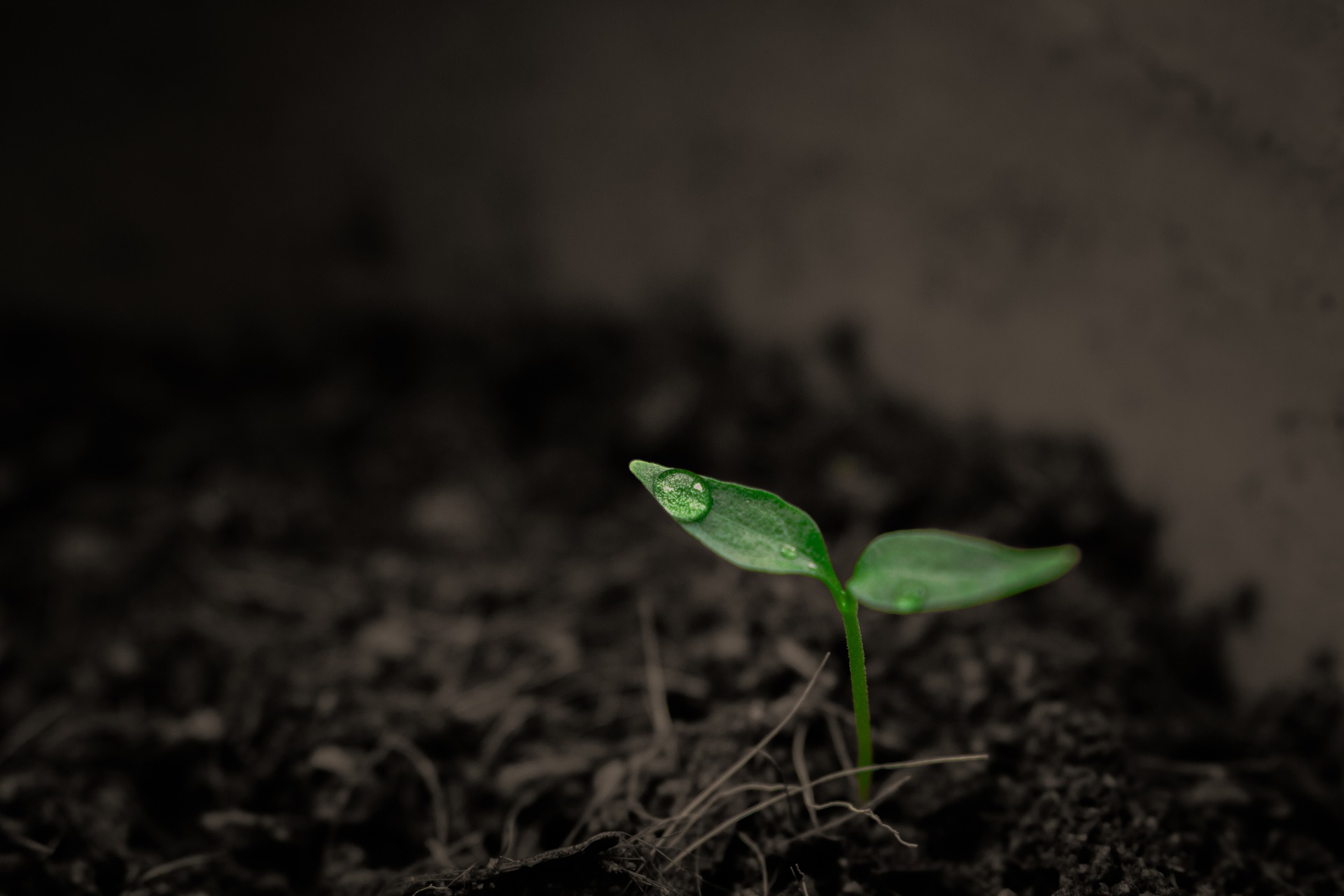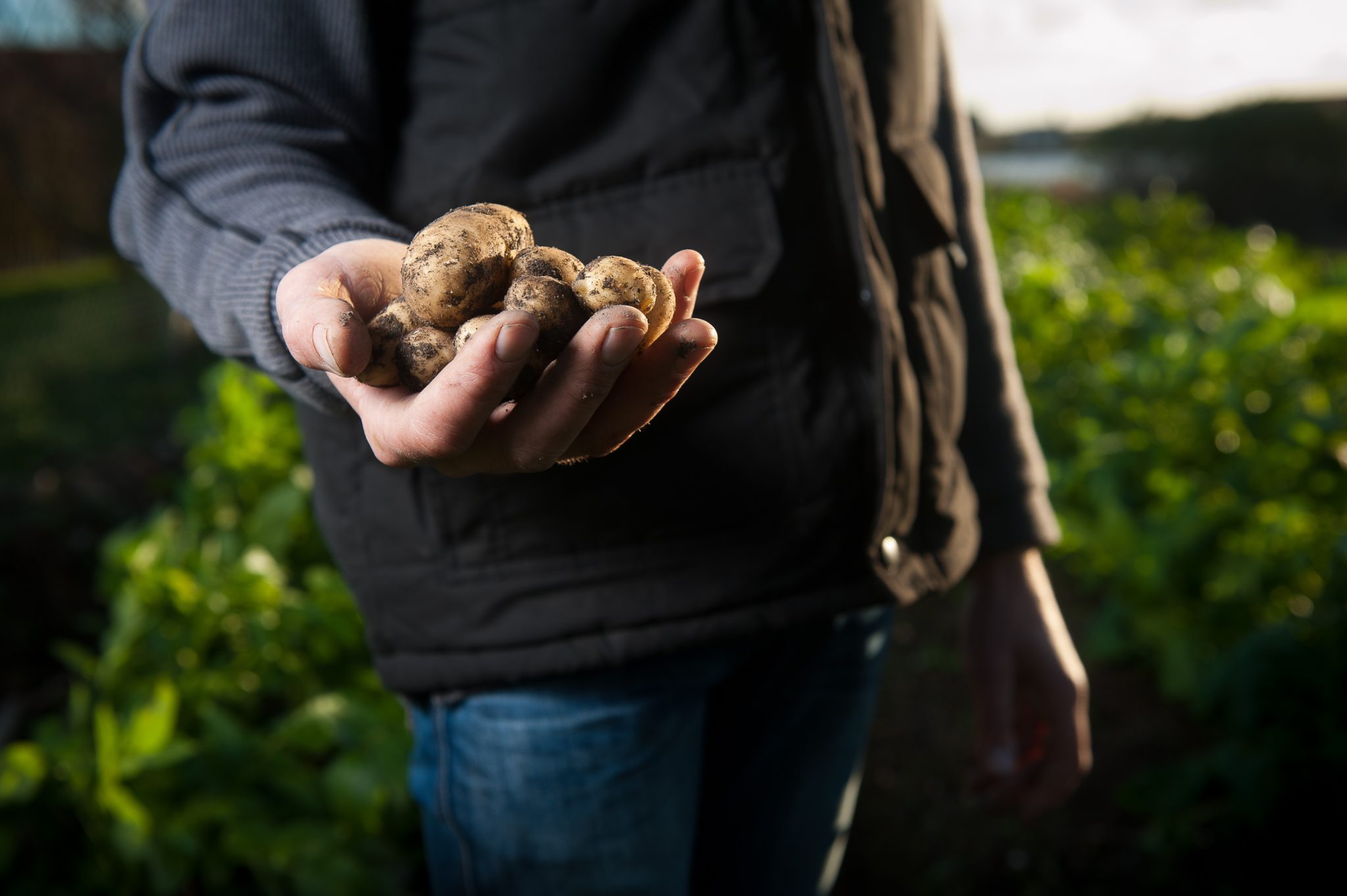 After almost a year in Madrid, I learned a lot more than Spanish. I try to share everything with you and that’s why today this interview is about an essential part for our living: the soil.
After almost a year in Madrid, I learned a lot more than Spanish. I try to share everything with you and that’s why today this interview is about an essential part for our living: the soil.
That’s why I talked to Fernando Luis Sánchez Casado, who is a doctoral student at the Universidad Autonoma Madrid, and he answered me some questions about the presence, future, and function of the soil.
What can you tell me about the health of Spain’s soils?
The agricultural land in Spain is under intense strain. The management of the soil is carried out in a way, that damages the soil and depletes it so that fewer nutrients are available and the soil fertility is negatively affected.
Other tasks of the soil, such as water storage capacity, are becoming increasingly difficult to manage while soils are exposed to ever-increasing erosion.

This not only kills useful species but also the soil itself suffers from this burden.
Do you think soils have the image they deserve among the European population?
No. Often their value for the entire planet is underestimated. Many people see this important resource as just a medium to build on or grow food.
Its main role in the overall natural system is often ignored. After all, it not only influences the water cycle or the climate cycle but is also the basis of life for many living beings.

Why is soils health so important, especially for humans?
I think it’s important that we humans remember: we are all part of the environment and that the environment is part of us. We depend on each other. Every human needs nutrients, clean water or air. All this and much more is provided by the soils of earth.
Soil is a global resource. Whether it’s clothing, medicines, energy or food, so many companies depend on the resource of soil.

But due to a lack of regulation, international and uniform laws or even the lack of sense of responsibility of the individual, we are ruining the foundation on which nearly all stands and falls
Investing in and nurturing the soil is a smart investment. One that rarely is done by humans. Every year we destroy 12 million hectares through intensive agriculture, sealing, pollution and erosion.
Let’s Suppose the UN forecasts become reality, and by 2050, 10 billion people live on Earth. Do you think that there will be enough fertile ground to feed all people?
Yes, if we acknowledge that the soil is alive and at the same time changing our paradigms. In my opinion, it looks like we need a second Green Revolution based on a sustainable intensification of agriculture.
the 1st green revolution
The mid-1960s saw an agricultural revolution. New methods of cultivation and especially high-yielding varieties were used. Also, a larger amount of fertilizer and energy was used.
The goal was to fight hunger on earth.
However, only rich farmers could afford these methods and those who were most affected did not have the necessary capital.
Intensive use of fertilizers and pesticides has enabled yields to be increased but has increased the impact on the environment.
Aside from the economic losses associated with soil destruction, 40 million people die every day as a result of hunger and malnutrition. According to the FAO, there is no shortage of food, but lack of distributive justice.
Only if we succeed in making and sustaining soil, while people all over the world build for themselves local possibilities to provide access to food.
Are there any possibilities or techniques to make soil fertile again?
Yes, and they are very diverse. After all, they all have one thing in common: to change the structure of the soil as little as possible. For example, to limit tillage and regain the amount of organic matter used to return physical and chemical processes.
Food for the people
Due to the high meat consumption, more and more animals have to be bred to meet the demand. For them to grow and be consumed by humans, they need food. So 70% of the grain is fed to animals, which are then eaten by us humans.
Everything has its place
Globalization enables worldwide trade, but when animals are snatched from their natural habitats and brought to those that do not meet their genetic needs, it is hard to survive.
further examples
- Quality over quantity
- Sustainable intensification
- Support of the farmers
- Conscious purchase decisions
- Organic is better than cheap
- Circular economy: what we have to take is to be balanced again
These, are a few prerequisites to maintain a far-reaching and diverse biological community. With it, the soil is not so easily vulnerable and more resilient.
What can each individual contribute to soil health?
As Professor José Esquinas says: „We need to turn the cart into a combat vehicle“

What he means is that we have to find out more about our purchases and how we can change the world with our purchasing power. Actually, we can do more with our consumption than you think. That’s why it’s important to ask these questions before you buy a product:
- Where does the product come from?
- How was it produced?
- What do I support with my purchase?
Every consumer has a responsibility and we have to accept it if we want to leave a livable planet for future generations. Because food and other products depend on the soil. If we continue to waste and exploit, we contribute to the degradation of the soil.
Although many people do not like to hear it, meat production also makes a major contribution to environmental destruction and we should, therefore, reduce this in the future.
I believe that only when we understand the role of soil for all of us and integrate this resource in economic, political and civilian decision-making can the earth’s soil breathe deeply.



